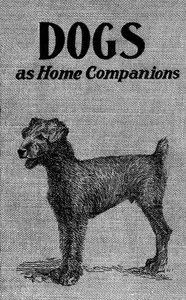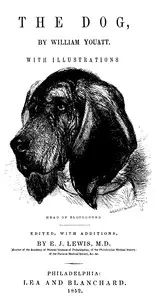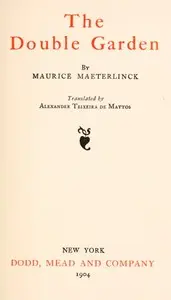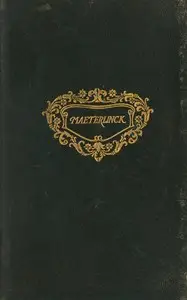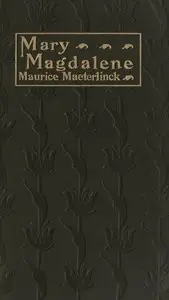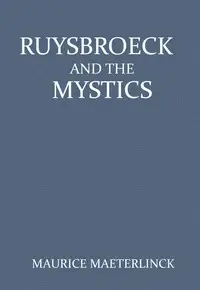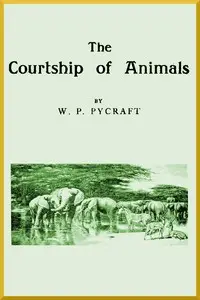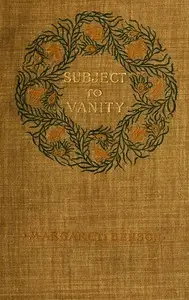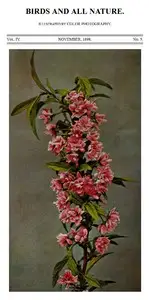** Our Friend the Dog by Maurice Maeterlinck is a thoughtful exploration of the connection between people and their canine companions. The book, set in the early 1900s, focuses on strong themes of love and unwavering loyalty through the eyes of a young bulldog named Pelléas. Maeterlinck uses Pelléas's experiences in a human home to show how dogs learn and struggle to understand human ways, all while staying true to their natural instincts; this journey highlights the dog's devotion and the simple joy they find in serving their owners. Maeterlinck paints a picture of dogs as loving, dedicated friends whose special bond makes human lives richer. **

Our Friend the Dog
By Maurice Maeterlinck
** Witness an innocent bulldog's journey as he grapples with human customs, revealing a heartwarming story of love, loyalty, and the unique bond between humans and their canine companions.
Summary
About the AuthorMaurice Polydore Marie Bernard Maeterlinck, also known as Count/Comte Maeterlinck from 1932, was a Belgian playwright, poet, and essayist who was Flemish but wrote in French. He was awarded the Nobel Prize in Literature in 1911 "in appreciation of his many-sided literary activities, and especially of his dramatic works, which are distinguished by a wealth of imagination and by a poetic fancy, which reveals, sometimes in the guise of a fairy tale, a deep inspiration, while in a mysterious way they appeal to the readers' own feelings and stimulate their imaginations". The main themes in his work are death and the meaning of life. He was a leading member of La Jeune Belgique group, and his plays form an important part of the Symbolist movement. In later life, Maeterlinck faced credible accusations of plagiarism.
Maurice Polydore Marie Bernard Maeterlinck, also known as Count/Comte Maeterlinck from 1932, was a Belgian playwright, poet, and essayist who was Flemish but wrote in French. He was awarded the Nobel Prize in Literature in 1911 "in appreciation of his many-sided literary activities, and especially of his dramatic works, which are distinguished by a wealth of imagination and by a poetic fancy, which reveals, sometimes in the guise of a fairy tale, a deep inspiration, while in a mysterious way they appeal to the readers' own feelings and stimulate their imaginations". The main themes in his work are death and the meaning of life. He was a leading member of La Jeune Belgique group, and his plays form an important part of the Symbolist movement. In later life, Maeterlinck faced credible accusations of plagiarism.


